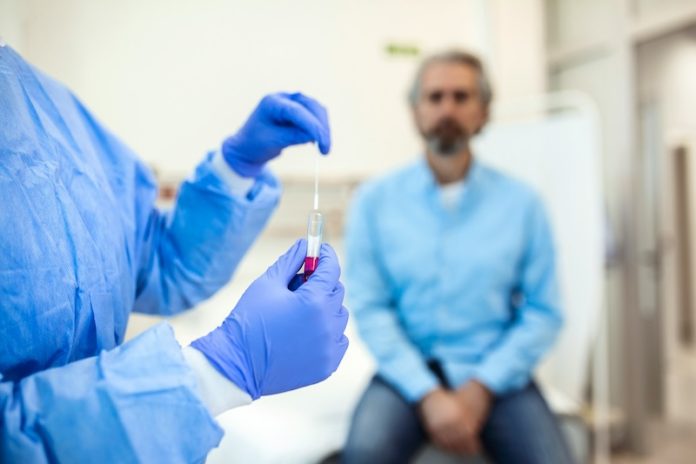
Liver cancer is a formidable health challenge worldwide, but early detection can significantly improve outcomes for those affected. Among the tools at our disposal, certain blood tests have emerged as key allies in the early detection and monitoring of liver cancer.
This review explores the types of blood tests that play a pivotal role in identifying liver cancer, breaking down the science into straightforward terms.
The liver, your body’s largest internal organ, performs essential functions, including detoxifying harmful substances and processing nutrients. When cancer develops in the liver, it can disrupt these vital processes.
Detecting liver cancer early is crucial, and while no single blood test can diagnose liver cancer on its own, a combination of tests can provide critical clues.
Alpha-fetoprotein (AFP) Test
One of the primary blood tests for liver cancer detection is the Alpha-fetoprotein (AFP) test. AFP is a protein that is normally produced by a fetus’s liver and yolk sac.
While AFP levels decrease after birth, they can rise again in adults as a result of certain liver conditions, including liver cancer. Elevated AFP levels can suggest the presence of liver cancer, especially hepatocellular carcinoma (HCC), the most common type of liver cancer.
However, AFP is not exclusively linked to cancer; high levels can also be seen in noncancerous liver diseases like hepatitis and cirrhosis.
Liver Function Tests (LFTs)
Liver function tests (LFTs) measure various enzymes and proteins in the blood that indicate how well the liver is performing its numerous tasks. Abnormal results might suggest liver damage or disease, which can be due to various causes, including cancer.
Specific tests within the LFT panel include measurements of alanine transaminase (ALT), aspartate transaminase (AST), alkaline phosphatase (ALP), and bilirubin, among others. While LFTs can’t diagnose liver cancer directly, they can signal that further investigation is needed.
Des-gamma-carboxy prothrombin (DCP) Test
Another marker that has shown promise in detecting liver cancer is Des-gamma-carboxy prothrombin (DCP), also known as the prothrombin induced by vitamin K absence-II (PIVKA-II).
Like AFP, elevated levels of DCP can indicate liver cancer, particularly HCC. Studies have found that combining DCP tests with AFP tests can improve the accuracy of liver cancer detection.
Imaging Tests Following Blood Test Results
When blood tests suggest the possibility of liver cancer, imaging tests are often the next step. These might include ultrasound, computed tomography (CT) scans, or magnetic resonance imaging (MRI) scans.
Although not blood tests, imaging plays a crucial role in confirming the presence of tumors detected through blood test anomalies.
Research underscores the importance of these blood tests in the early detection of liver cancer. A comprehensive review in the World Journal of Gastroenterology highlighted the value of combining AFP and DCP testing for improving diagnostic accuracy.
However, the review also emphasized the need for further studies to refine these markers and discover new ones.
In conclusion, while no single blood test can definitively diagnose liver cancer, a combination of tests, including AFP, LFTs, and DCP, can offer vital clues. Early detection through these blood markers, followed by imaging tests, can significantly impact treatment decisions and outcomes.
It’s a powerful reminder of the advancements in medical science and the ongoing quest to combat liver cancer more effectively. For anyone at risk or experiencing symptoms, these tests represent a critical step towards early intervention and the hope for a healthier future.
If you care about cancer, please read studies that low-carb diet could increase overall cancer risk, and new way to increase the longevity of cancer survivors.
For more information about cancer, please see recent studies about how to fight cancer with these anti-cancer superfoods, and results showing daily vitamin D3 supplementation may reduce cancer death risk.
Copyright © 2024 Knowridge Science Report. All rights reserved.



